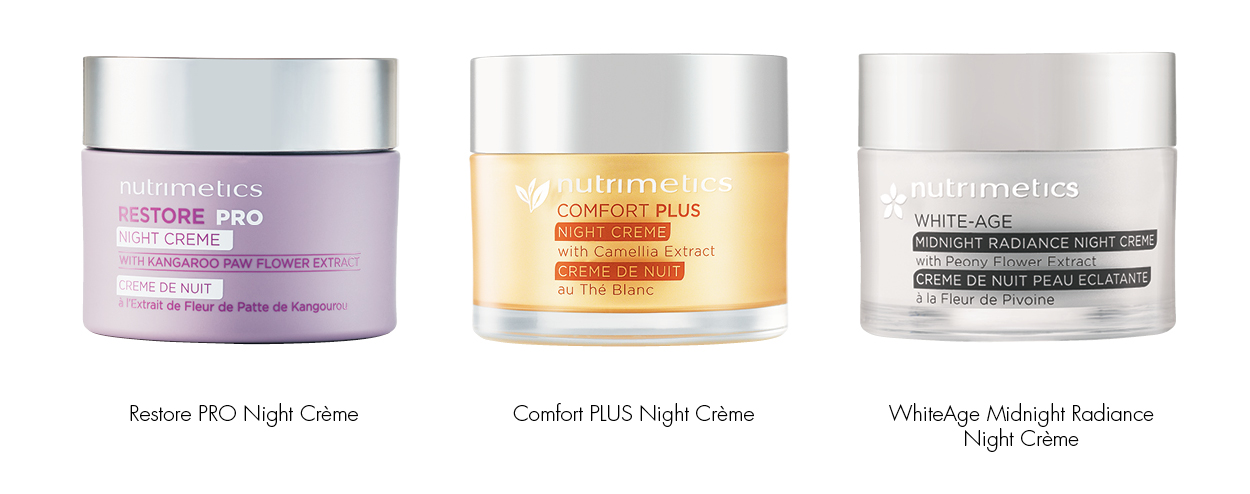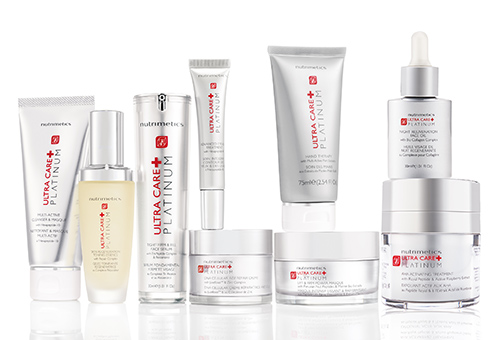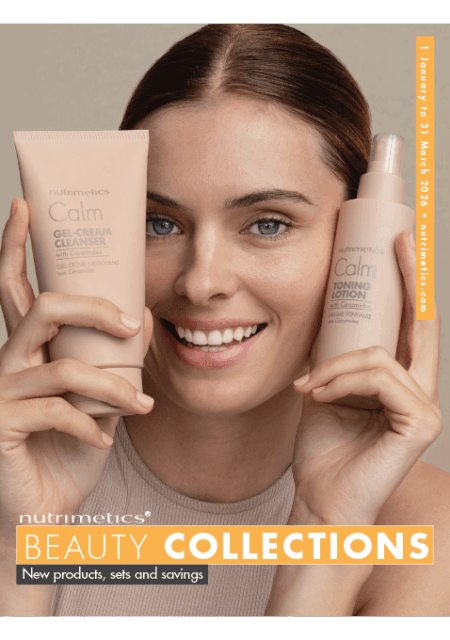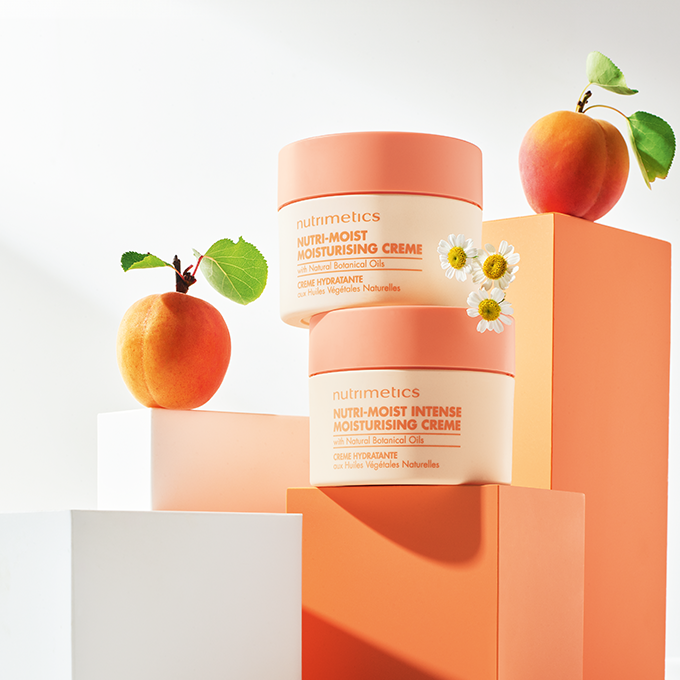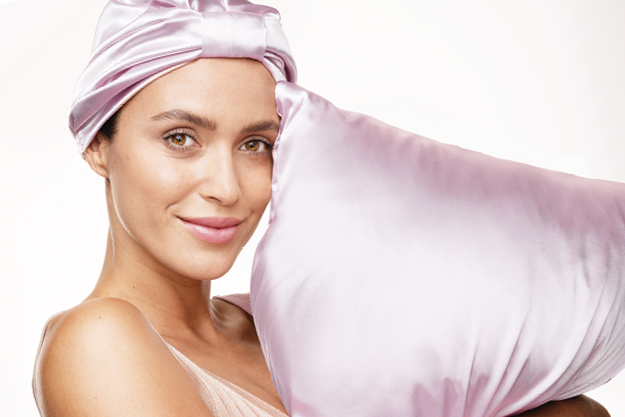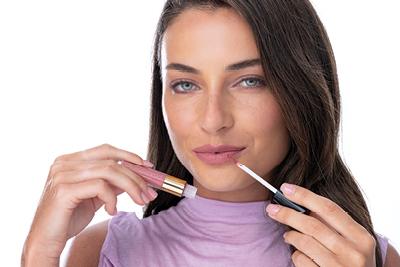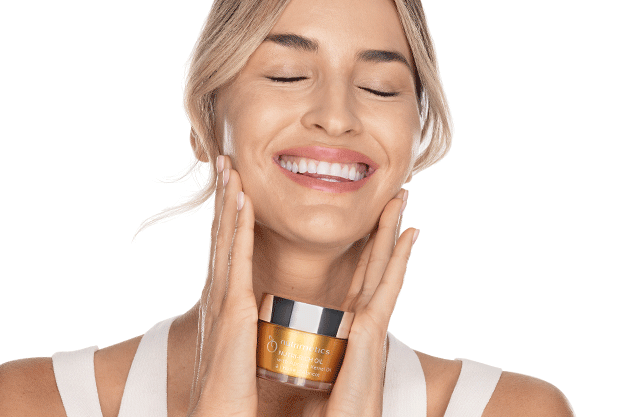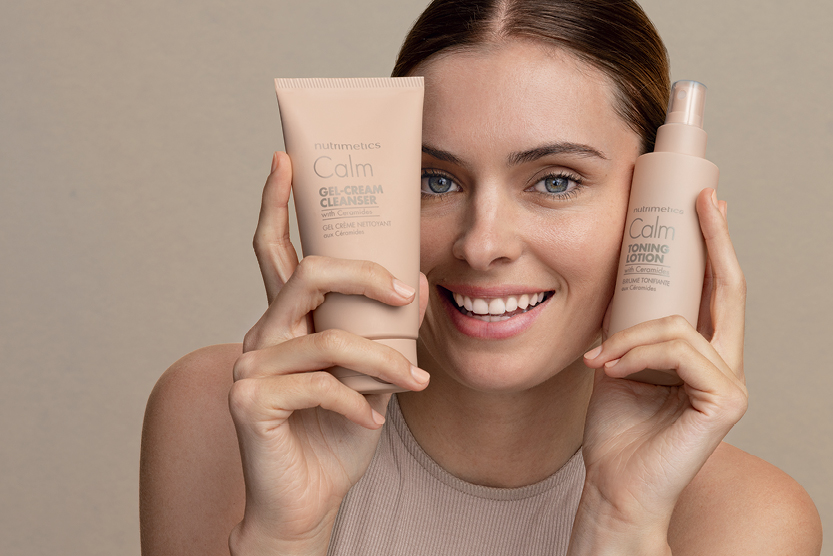Are you getting enough good quality sleep? According to The Philips Global Sleep Survey, only 45% Australians are happy with how they sleep. As few as just 20% of Australians sleep through the night, uninterrupted.
Getting enough proper deep rest can make a world of difference to your health, well being and overall happiness. Sleep allows your body to slow down and recover, meaning a better functioning immune system. Quality sleep also boosts your brain function, so if you’re trying to learn something new, your brain will retain much more information. Studies even show people who don’t get enough sleep have a higher risk of weight gain and obesity.
We know good sleeping habits are so important. But for many of us, too much screen time, everyday stresses, anxiety, pandemics and personal challenges all make switching off feel impossible. Plus without good ‘sleep hygiene,’ you can find yourself trapped in a negative cycle where lack of sleep then causes even more anxiety.
To coincide with the launch of our NEW Nutrimetics Wellness range, we’ve put together the best advice for your best ever slumber. From keeping the lights low to relaxing bedtime rituals, here’s how to master the art of sleeping.
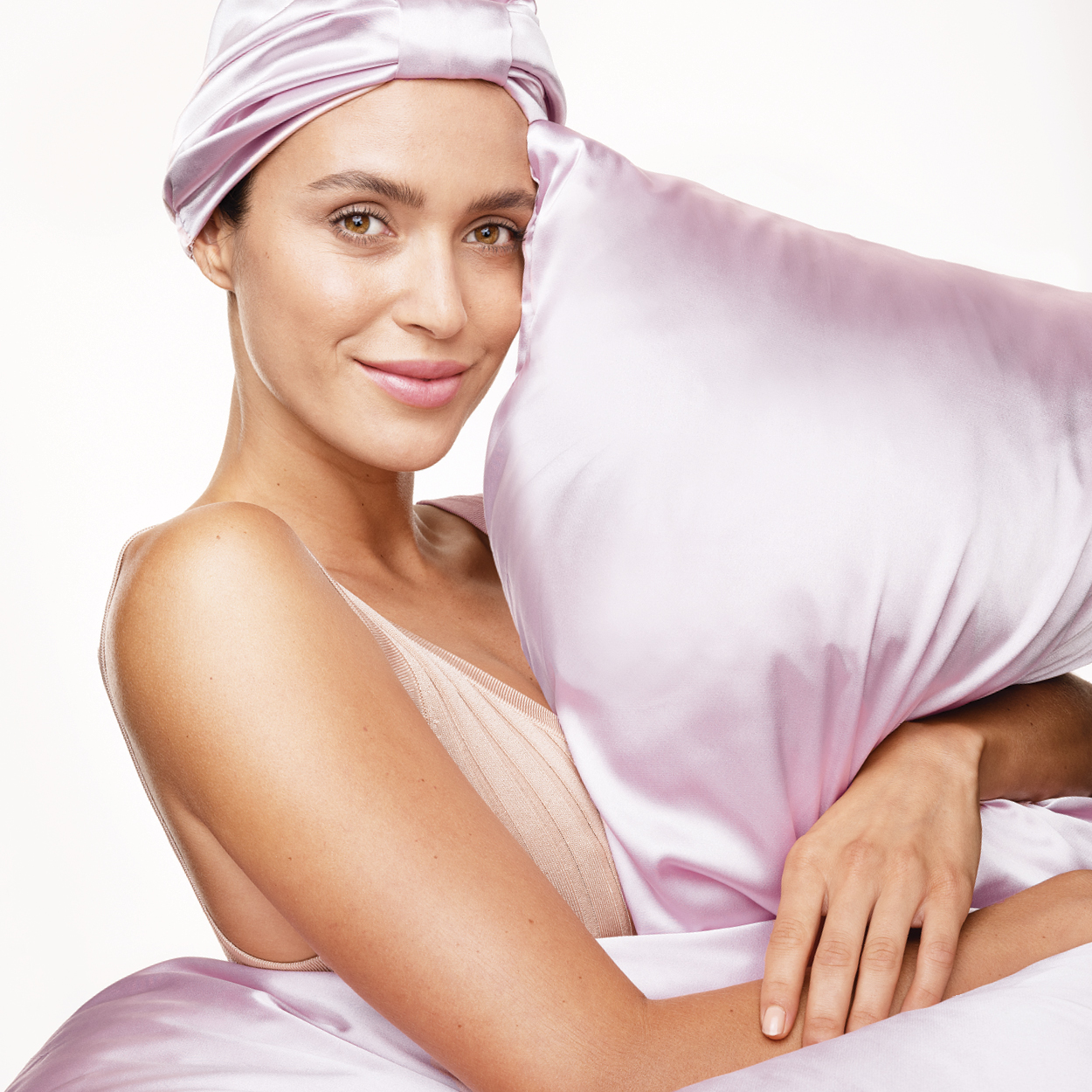
DO … Use a pillow spray
Natural Essential Oils are known to help balance your wellness. Using fragrances to put your body into a calmer state can help you sleep deeply, as well as calm your nervous system. NEW Calming Pillow Spray from Nutrimetics Wellness relaxes both the body and mind, bringing peace and tranquility to your bedroom, with natural aromas to help you drift off into a peaceful, deep sleep. Plus, when you inhale Essential Oils, it alerts the limbic system of your brain, responsible for functions including sleep and emotions. That’s why pillow sprays are ideal for improving your sleep cycle and uplifting your mood. We recommend spraying your pillow every evening to create a mind-body connection that links the fragrance to the experience of feeling sleepy.
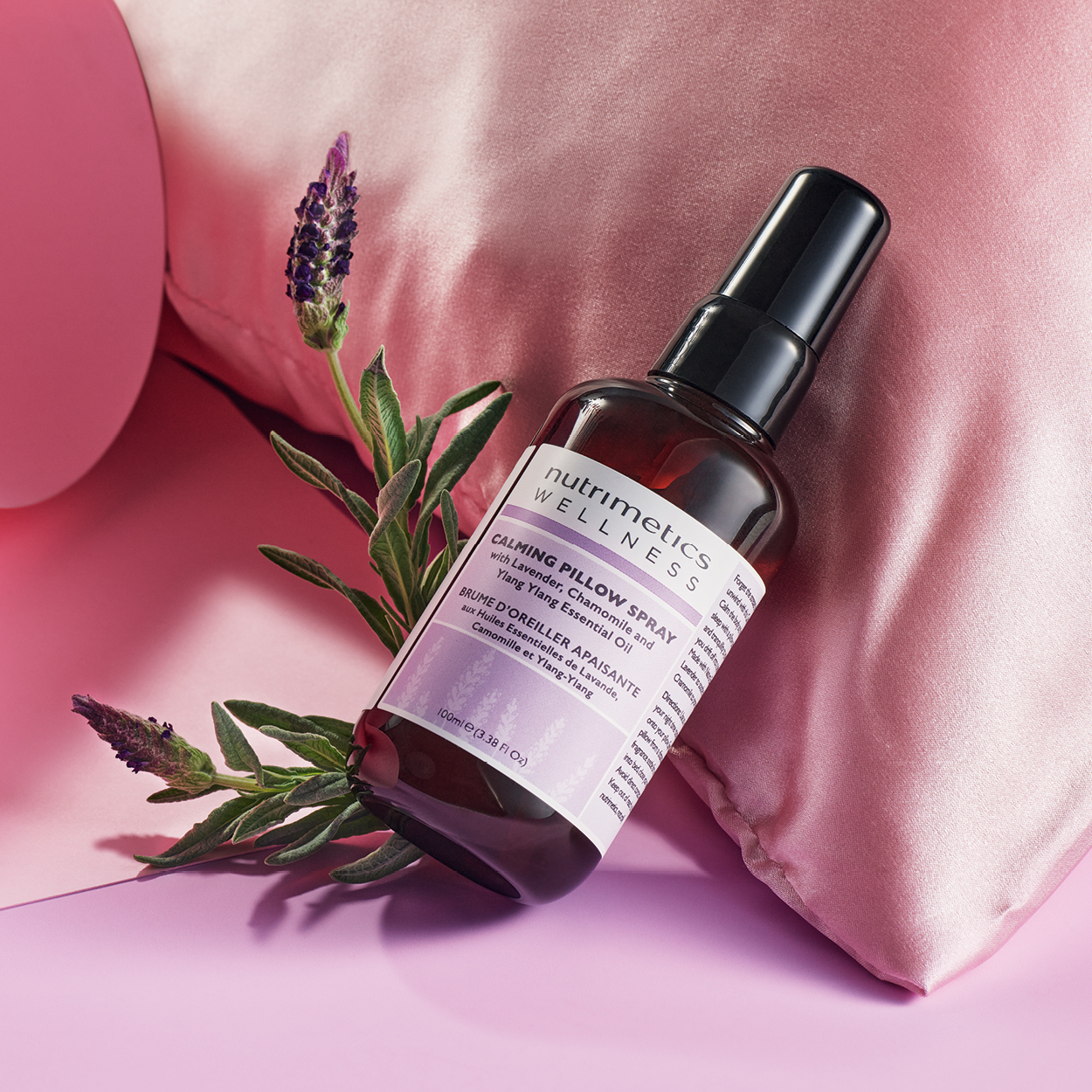
DO … Choose bedtime Essential Oils
Lavender and Chamomile have been used for centuries to aid sleep. That’s why you’ll find both in our NEW Calming Pillow Spray. There are countless studies that show Lavender is effective for an untroubled night’s sleep. Lavender is believed to help increase relaxation, plus it also has natural sedative properties. Chamomile is known for its stress-relieving and sleep-enhancing benefits, with Chamomile Tea often prescribed as a bedtime sleep remedy. Studies show Chamomile’s effectiveness at managing symptoms of anxiety, making it especially beneficial for a good night’s sleep.
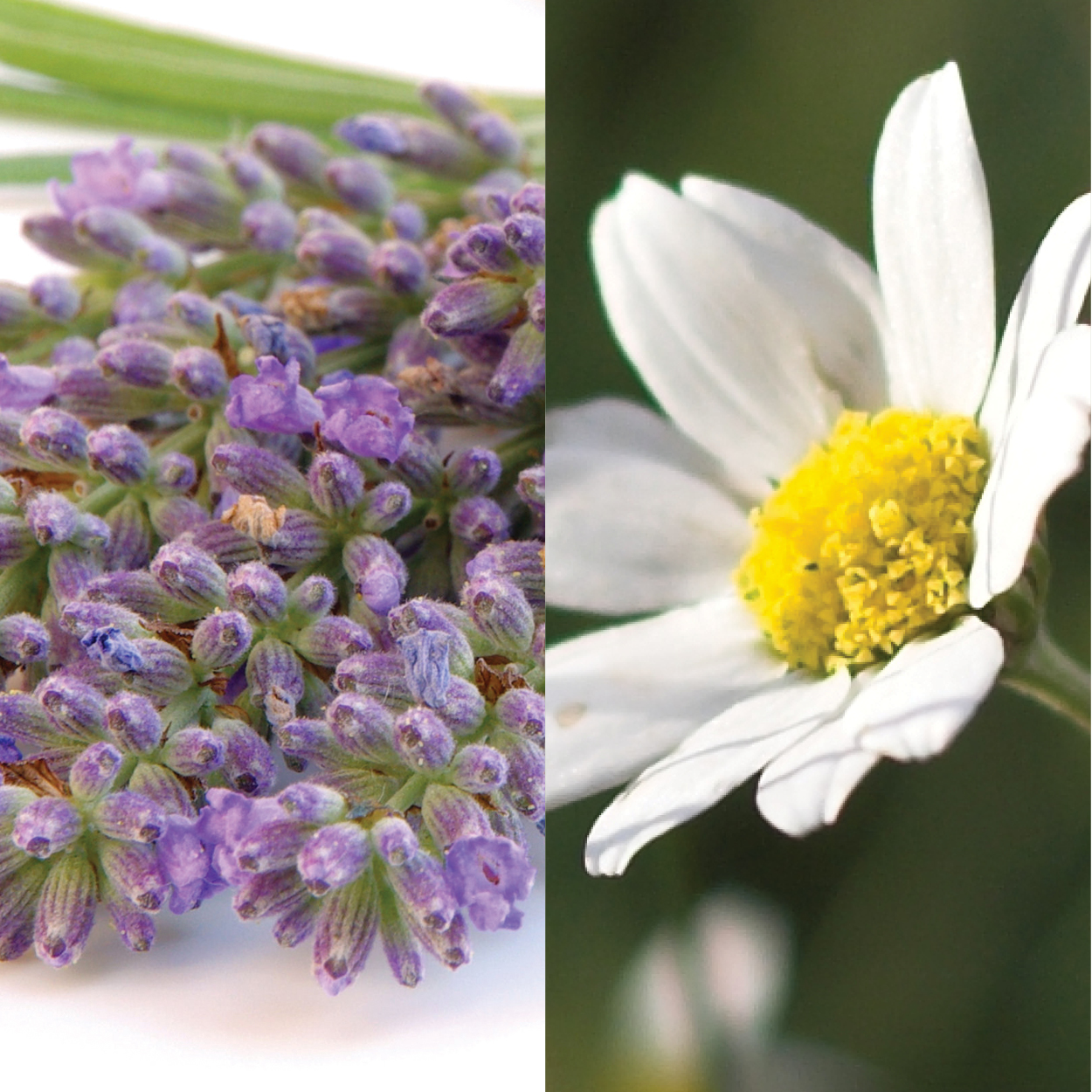
DO … Be present
Ruminating and spiraling on the past, or predicting catastrophes in the future is a sure-fire way to spend the night tossing and turning. Focusing your attention on your breath can help relax your nervous system. Aim to notice the rise and fall of each breath, moment by moment. Every time your mind wanders, practice gently returning back to the breath and the present moment. Remember, the goal is not to have an empty mind, but rather to get good at noticing and letting go of unhelpful thoughts.
DO … Get comfortable
Whether you need to light a candle, dim the lights, make your bed, or wear soft cosy pyjamas, creating the perfect ambiance for relaxation will definitely improve your overall quality of sleep. Bedding also impacts the temperature of your sleep environment, so make sure you’re swapping out your winter duvet for summer (and vice versa.) We recommend soft Silk, Bamboo or Linen bed sheets too, for rest so good you can touch it.
DO … Get moving
People who move less in the day are more likely to experience sleep troubles. And while getting on the spin bike or doing high impact aerobics right before bed might not be wise, exercising during the day will definitely improve your overall sleep quality. You could also try some mindful movement or gentle exercises in the evening, like Yin Yoga, to set you up for deep rest.
DON’T … Do screen time
Lying in bed scrolling your social feeds will have a detrimental effect on your sleep patterns. Plus damaging Blue light from devices is not only bad for your skin. It can also affect your circadian rhythm, which signals your body to stay awake longer. It also suppress the release of Melatonin (the sleep hormone). At bedtime, we recommend turning off the true crime, news shows and scary Netflix movies, too to avoid over simulation and putting your nervous system in fight or flight mode. Try banning all devices an hour before you plan to go to bed and see how your sleep improves.
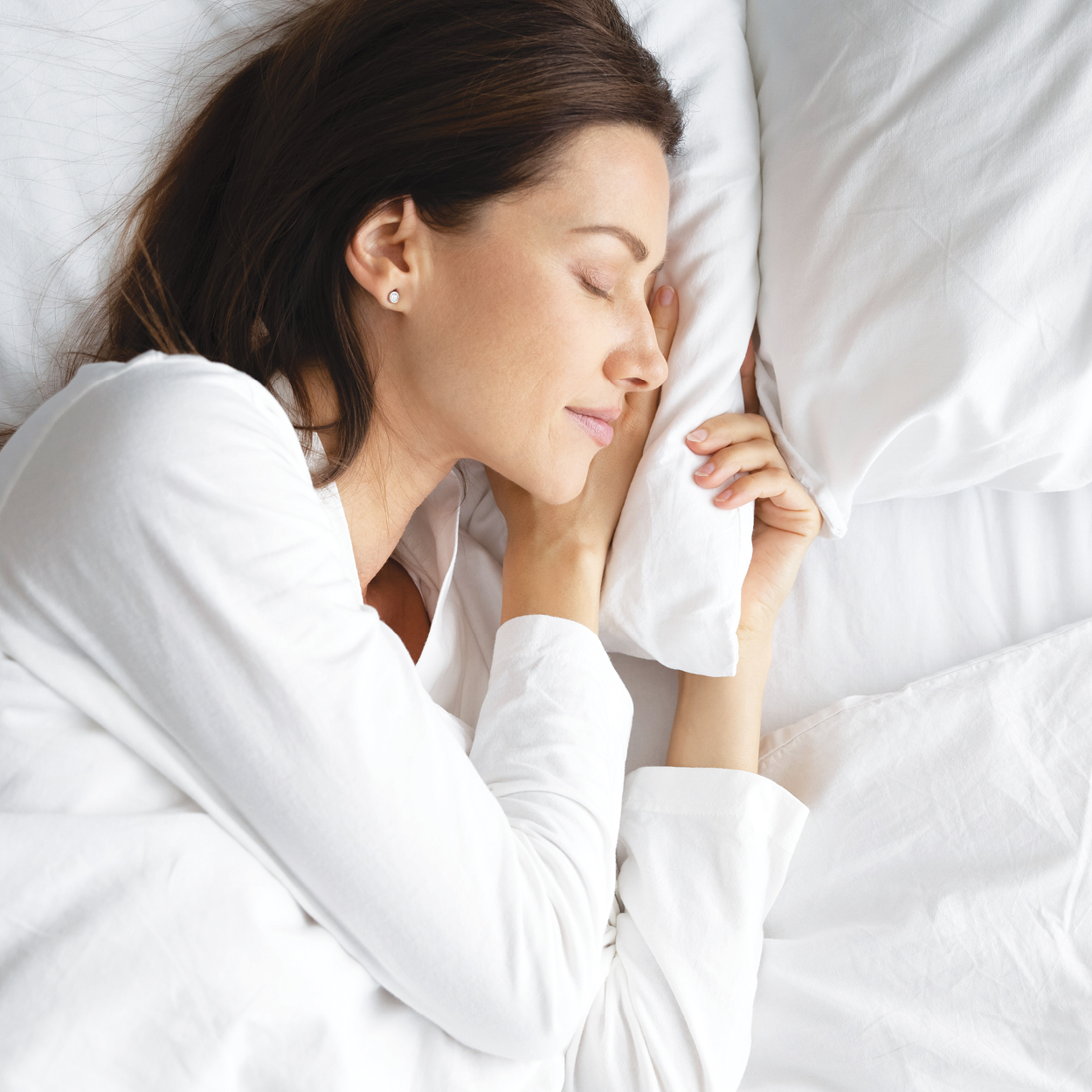
DON’T … Have a night cap
While a glass of wine (or your tipple of choice) might seem like an easy way to relax yourself before bed, research says you should avoid it. Just one glass of wine will significantly impact the quality of your sleep. It reduces our REM (rapid eye movement), which is crucial for our mental well being. Try a herbal tea instead to feel more refreshed the next morning.
DON’T … Eat too late
Heavy meals raise our core temperature as our body digests the food. This makes it harder to fall and stay asleep. A well balanced diet of vegetables and whole foods will also help optimise your sleeping habits. Bananas boost Melatonin naturally, plus they contain Magnesium, which naturally reduces the stress hormone, Cortisol. Almonds also contain Magnesium to promote both sleep and muscle relaxation.
DON’T … Skip your skincare steps
Beauty sleep is not just a phrase. Sleeping helps your skin repair itself as blood flow increases and skin makes new collagen overnight. A replenishing night time skincare routine will put you in a self-care mood as you mindfully massage products into skin. Make sure you’re choosing the best quality night cream with naturally enriched ingredients. Nutrimetics night time formulas are designed to speed up the recovery processes while you rest.
